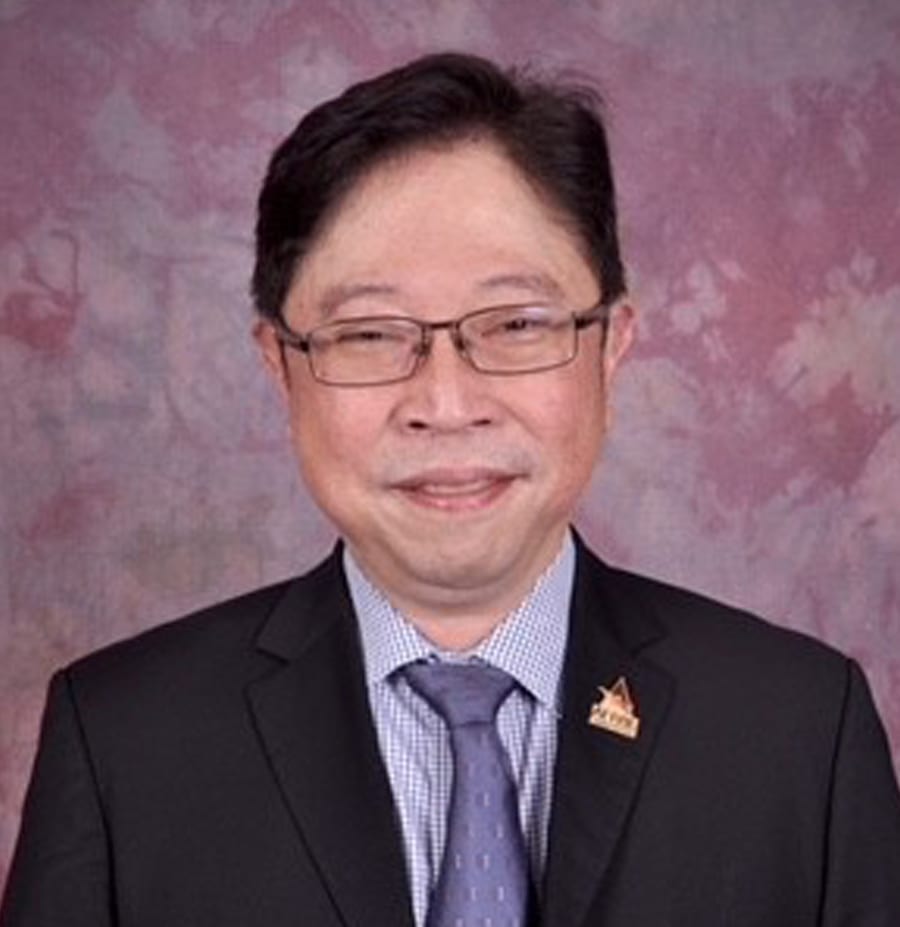
George Siy is Chairman Emeritus of Anvil Business Club, an organization composed of next generation Filipino-Chinese businessmen in the Philippines. He is also President of Convergence Realty & Development Corporation, Marie France Philippines, among other businesses. He shares his insights about making deals with Chinese entrepreneurs.
Q1: What are Chinese businessmen in the Philippines like? Are there different segments of Chinese businessmen in the Philippines?
A: The Filipino Chinese, and those from the elder ASEAN countries, are already Westernized in education, still entrepreneural and hard-working, but the younger generation have learned to integrate and enjoy life as well, and be giving. They highly value their word of honor.
New migrant Chinese are less refined in manner, work longer hours, take bigger risks, move and can adapt exceptionally fast to changing circumstances, and are less constrained by social norms.
Q2: Can you cite advantages and disadvantages of dealing with Filipino-Chinese businessmen?
A: They are practical and objective in their decision-making, work harder to please their clientele even on late hours and or vacations, more than other businessmen in the country. They are more flexible, more creative in overcoming obstacles, look beyond the short-term, and have a wider net of financiers, news, markets, that partners can tap into. They will try to keep their words even if it will cost them some losses, and often even without formal contracts. There are few if any disadvantages — if compared to other local business people, except that perhaps they do not spend as much time on socializing, and there is also less emphasis on the latest software systems and technologies than the multinational, but the Filipino Chinese will invest in the latest hardware and be more dedicated in their reliability.
Q3: What is the best advice you can offer a colleague when he is meeting a Filipino-Chinese entrepreneur for the first time to discuss business deals?
A: Like any other people you do business with… Check their background, ask their clients, suppliers and creditors, the Chambers of Commerce about their abilities and behavior. But do not ask the question directly in public, ask in private conversation. Also ask from their rivals, and spend informal time with them. Find out what are the things they emphasize, what are their concepts of fairness and reciprocity, rules in a deal, and how they deal with differences of opinion.
Q4: Many of the Filipino billionaires in the Philippines have Chinese lineage and a rags-to-riches background. What lessons can young people learn from their success stories?
A: There are many patterns to follow on how to succeed from their stories. One important lesson is that unlike the Western model for success, you can succeed with little capital, little academic education, few connections or family support, if you have the drive, and the creativity to overcome obstacles.
Q5: If a deal falls apart even with good value propositions, what advice can you share with a key subordinate to revive business discussions with a Filipino-Chinese entrepreneur?
A: A lot of people think a good value proposition is enough. if you hav one, you can approach a Filipino Chinese because they likely have an ecosystem and decision templates already in place, especially if they have a record of success, and if they are interested in your industry. but you are not limited to Filipino Chinese at all, you can approach anyone with a good proposition.
There are many more components to a successful business or partnership than a propostion, and what you need to supply or put together – – you need persuasion and implementation skills, ability to deal with labor, practical attitudes to bureaucracy, to hire talent appropriate to your level of need, and legal compliances because Philippine regulations are numerous and penalties are heavy, you can put them together as you go, remember the obstacles you find are really stepping stones to achieving your competitiveness !
Q6: Are there myths and clichés about Filipino-Chinese?
A: It is not true that all are rich, many also face the common financial difficulties of educating their children, covering unexpected events or medical expenses, and sometimes the family business becomes uncompetitive. Unlike the popular belief, they are by far the most generous of all groupings in giving to charity, calamity assistance, scholarships, assistance to worthy causes… But many keep a low profile and so are not known to the general public . They are value seekers and do not like to give to those they feel will not manage the assistance properly.


make sense 🙂